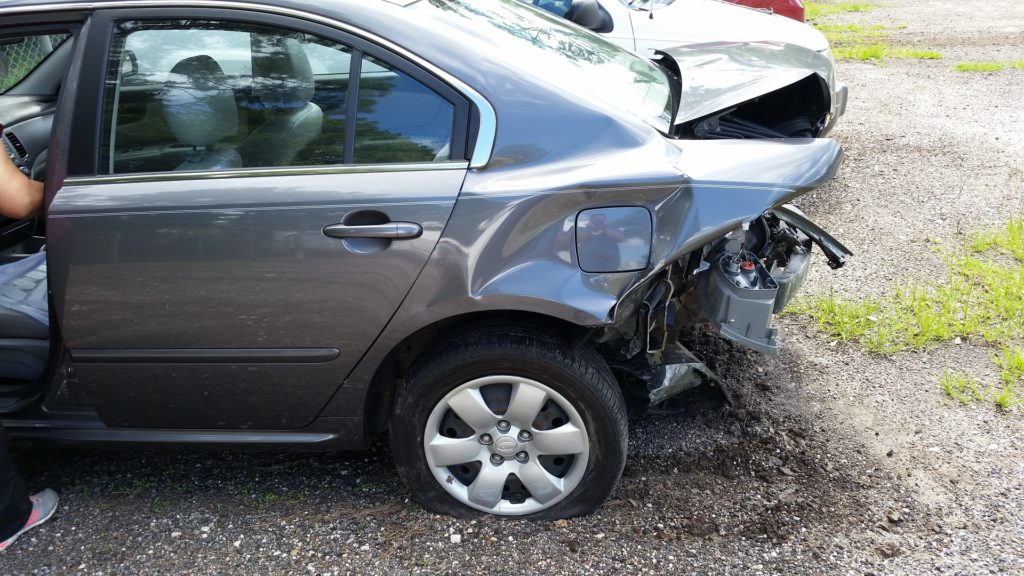
Someone Rear-Ended My Car in Boise, ID. What Do I Do?
You see tailgating car accidents occur regularly in Boise, ID, but you rarely imagine you could be involved in one yourself and need the services of a car accident attorney. When it does happen, you don’t know how to react, what to do or say first, and it’s understandable. People call our Boise office almost every week with the same question: “Someone rear-ended my car. What do I do now?”. Here are a few steps anyone involved in a rear-end collision in Boise, ID, should follow and why.
Steps to Follow After being Rear-Ended in Boise, ID
1. Stop at the Scene
Idaho Statutes Section 49-1301 requires all drivers involved in accidents that have led to vehicle damage to stop at the accident scene. Failure to do so qualifies as a misdemeanor and leads to driving license revocation for a period of one year.
Most of the times, a rear-end collision will only cause property damage. If it results in injuries, the drivers involved also have an obligation to request medical assistance for the injured and help them in any way they can until help arrives. If the accident only caused property damage, the drivers should drive their cars to the side of the road, to avoid impeding traffic.
2. Report the Accident
Idaho Statutes Section 49-1305 requires the drivers involved in accidents that result in personal injury or property damages exceeding $1,500 to use the quickest communication means and notify the authorities about the accident.
If a person is rear-ended in Boise, they should notify the Boise police department. If it occurred outside the city, they should contact the Ada County Sheriff’s Office or the nearest state police office. If the drivers cannot report the accident, the responsibility falls on the passengers.
3. Exchange Information
According to Idaho Statutes Section 49-1302, drivers involved in accidents that result in property damage have the obligation to give their name and address to the other parties involved in the accident. If available, they should also show their driver’s license, registration proof, and insurance policy. Failure to do so qualifies as a misdemeanor.
This information will help the drivers report the accident to the authorities and, depending on who was at fault for the accident, seek compensation for the property damages and injuries they incurred. Therefore, every driver should not only provide information about themselves, but also collect information about the other driver or drivers involved in the accident.
4. Gather Evidence
Contrary to what most people think, the driver who rear-ended the car in front of them is not necessarily at fault. When it comes down to obtaining compensation from an insurance company, the only facts that matter are the ones the parties can prove.
Therefore, anyone hoping to obtain compensation for the damages and injuries they incurred should focus on gathering evidence of how the accident occurred. This could involve taking photos of the vehicles and of the accident scene, obtaining video recordings from any cameras in the area, talking to witnesses and obtaining testimonies, and more.

